Germany has significantly expanded its military support to Ukraine through the delivery of sophisticated AI-powered drone systems, marking a new phase in the integration of autonomous technology in modern warfare. The latest developments include both aerial and ground-based platforms, enhancing Ukraine’s capabilities across multiple operational domains, reports Defence-Blog.
ARX Robotics, a German defense technology firm, has begun delivering its Gereon RCS autonomous Ground Drones to Ukrainian forces, with 30 units arriving in late January 2025. These unmanned ground vehicles (UGVs) are specifically designed for frontline logistics support and casualty evacuation, addressing critical operational challenges while minimizing risk to personnel.
“The primary goal is to provide vital logistics support while ensuring the safety of soldiers,” explains ARX Robotics CEO Roberta Randerath. The Gereon RCS can transport up to 1,100 pounds of essential supplies, including ammunition and medical equipment, to frontline positions while operating autonomously in challenging terrain.
The ground drone deployment coincides with Germany’s delivery of Helsing’s HX-2 “Karma” kamikaze drones, which began arriving in December 2024. These aerial systems, dubbed “Mini-Taurus” by observers, provide Ukraine with significant strike capabilities, featuring a range of up to 62 miles and speeds reaching 137 mph.
Technical Capabilities and AI Integration
The Gereon RCS represents a significant advancement in autonomous ground operations. The system employs sophisticated AI algorithms for terrain mapping and route planning, utilizing LiDAR technology to navigate complex environments autonomously. Most notably, the platform incorporates advanced anti-jamming protocols and a self-destruct mechanism to prevent capture.
Meanwhile, the HX-2 drones showcase equally impressive AI capabilities, particularly in autonomous target identification and electronic warfare resistance. These features allow the systems to maintain operational effectiveness even in environments with disrupted GPS signals, a critical advantage given the widespread use of electronic warfare tactics in the conflict.
Operational Impact
The deployment of these AI-powered systems addresses several key operational challenges faced by Ukrainian forces. The Gereon RCS platforms significantly reduce the need for manned supply convoys in high-risk areas, while their casualty evacuation capabilities provide a safer means of extracting wounded personnel from combat zones.
The combination of ground and aerial autonomous systems reflects a broader shift toward unmanned operations in modern warfare. This approach helps address personnel constraints while potentially reducing casualties in dangerous logistical and combat operations.
Industry Context
This development represents a significant evolution in Germany’s military support to Ukraine, which has previously included Leopard 2 tanks, air defense systems, and artillery. The introduction of AI-powered platforms suggests a growing recognition of autonomous systems’ role in modern conflict, particularly in scenarios where force preservation and operational efficiency are paramount.
Furthermore, ARX Robotics’ establishment of a Ukraine-based technology hub for maintenance and research and development indicates a long-term commitment to supporting these systems. This collaboration with local engineers could facilitate faster technical improvements based on real operational feedback.
Future Implications
The deployment of these AI-powered systems in Ukraine serves as a significant test case for autonomous military platforms in actual combat conditions. The performance and effectiveness of both the Gereon RCS and HX-2 systems will likely influence future developments in military autonomy and could shape how armed forces worldwide approach the integration of AI in military operations.
As series production continues at ARX Robotics and additional deliveries are expected, these platforms’ operational impact and effectiveness will become clearer, potentially setting new standards for autonomous military systems in modern warfare.
Discover more from DroneXL.co
Subscribe to get the latest posts sent to your email.
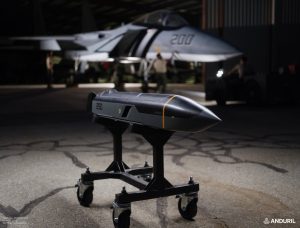
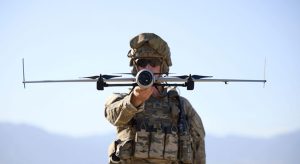
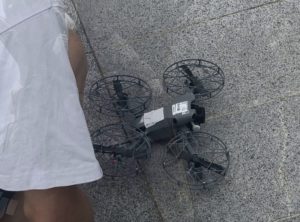





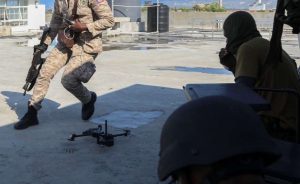
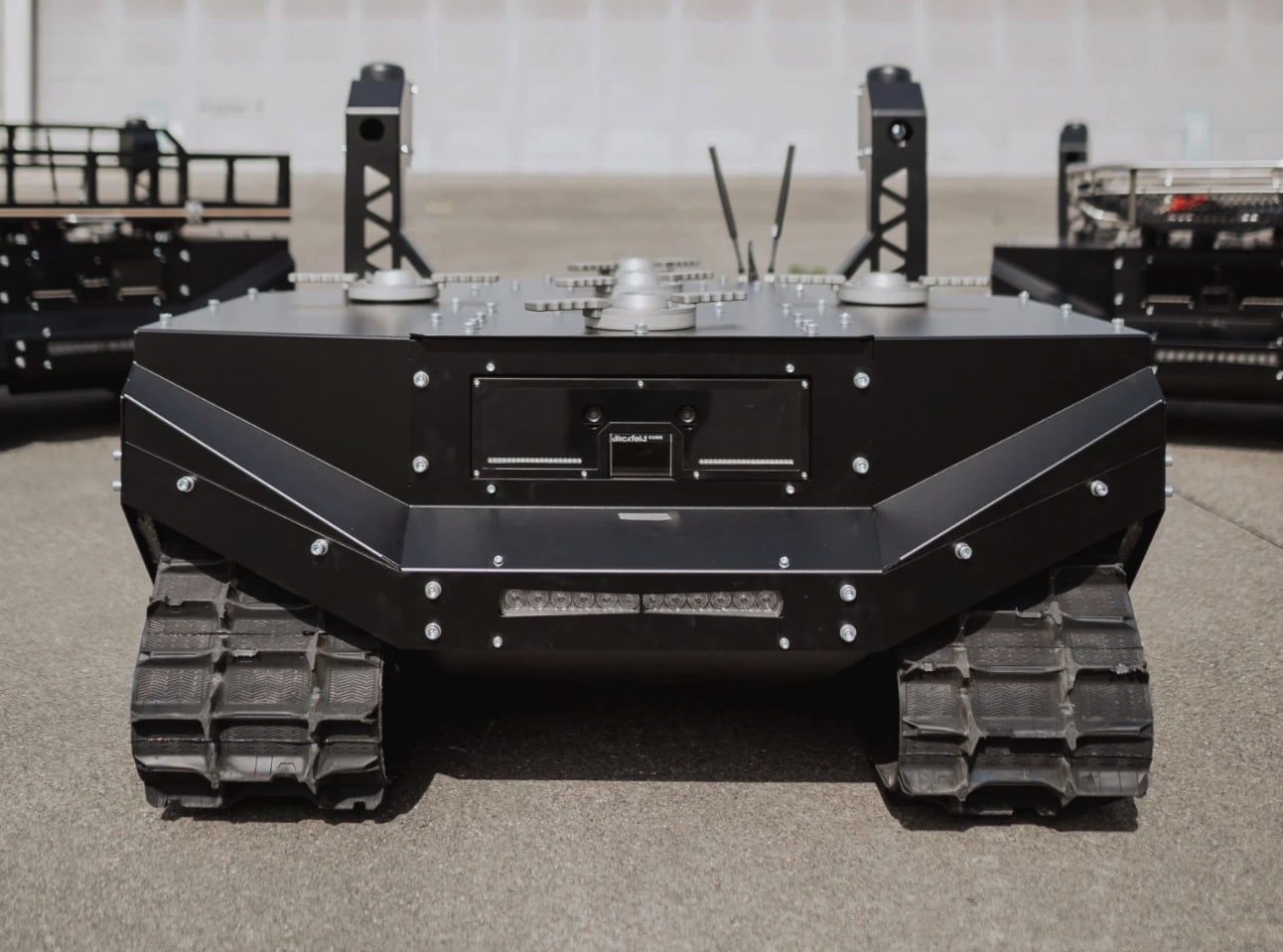
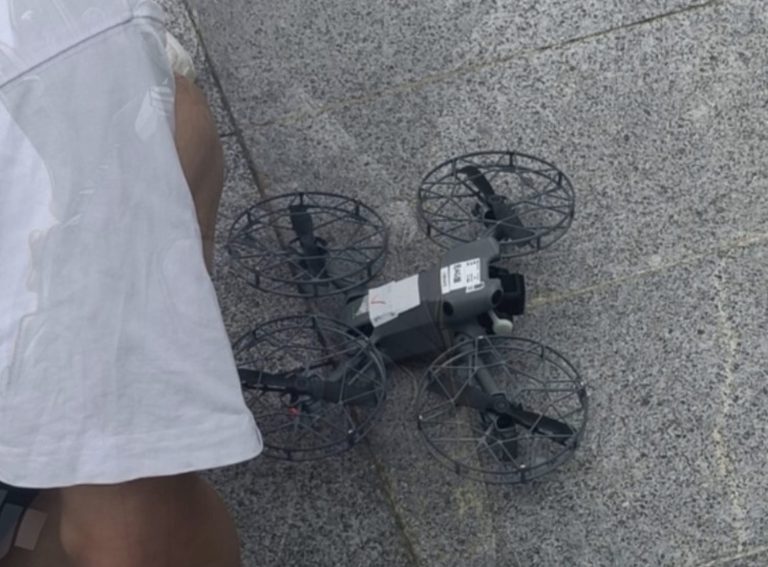
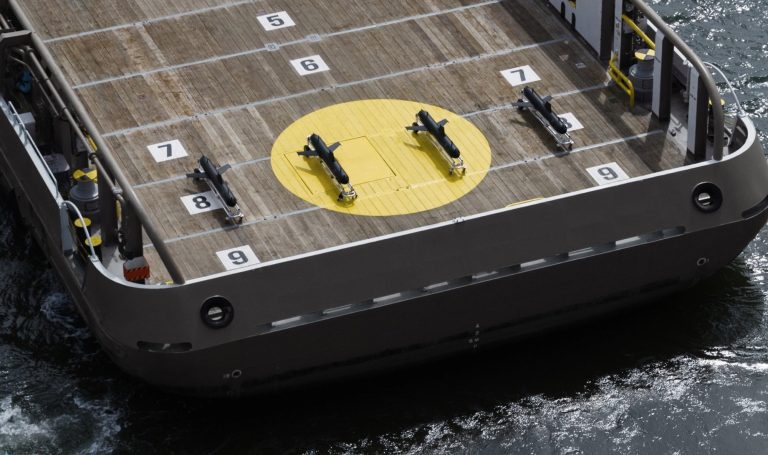
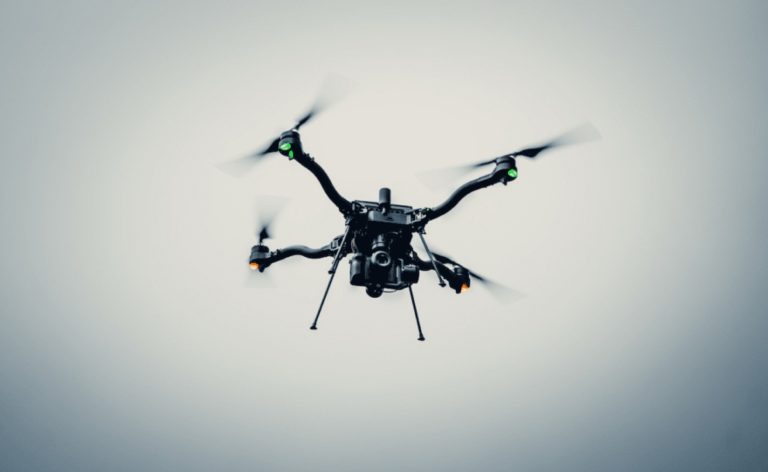
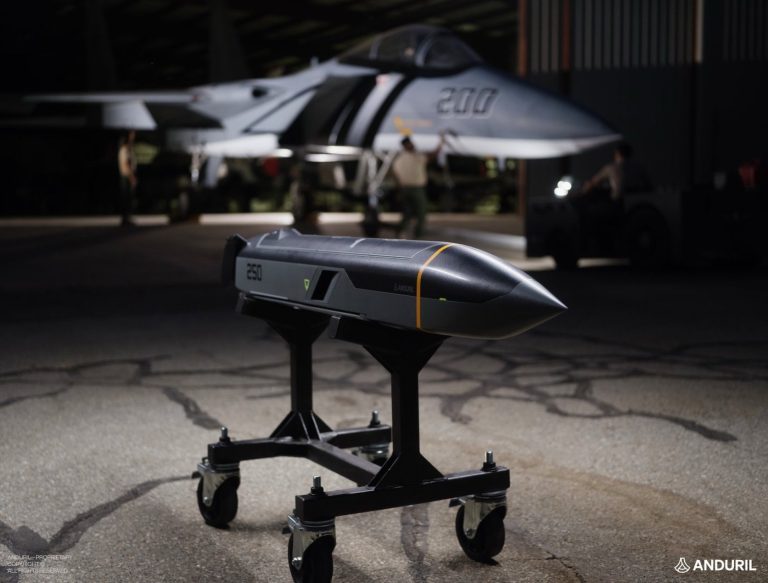
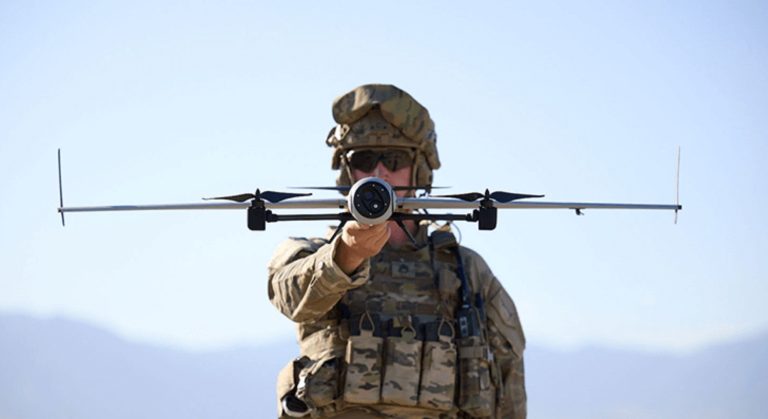
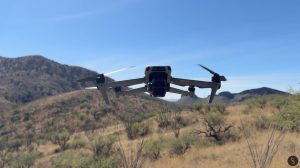

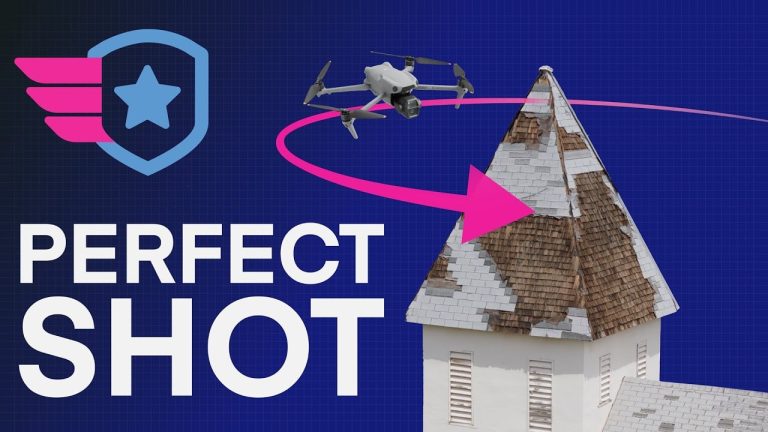



+ There are no comments
Add yours